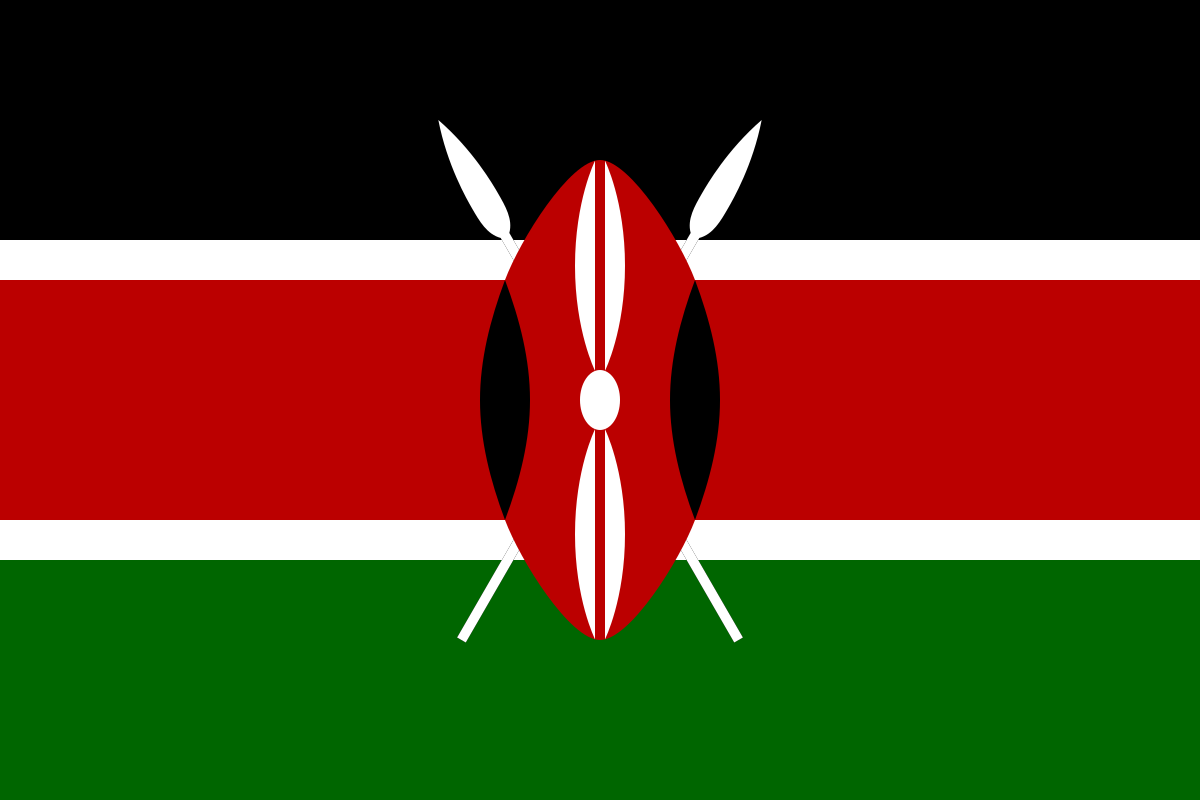National and extra county schools in Central Kenya reported exemplary performance in last year’s KCSE examinations, even as day schools posted improved results.
In Meru, Nkubu Boys, Meru School and Igembe Boys were among the schools that recorded good grades.
Nkubu principal, Stephen Munyiri, and other staff were happy after three students got grade A and 19 others recorded A-, ensuring a mean of 8.4.
Out of the 397 candidates, 361 scored c+ and above, which Dr Munyiri attributed to commitment by teachers and a disciplined group of students.
“That has enabled us to have a 91.69 per cent transition to university. We are a very happy community,” he said.
At Igembe Boys, the principal, Lawrence Mutembei, said the school got a mean grade of 8.81, with 277 students, out of 280 candidates, set to join university.
“Once again our learners have done well and fulfilled their dreams and ours to see them excel,” he said.
Mwenda Rutere, the head teacher at the Meru School, and his staff were a joyous group after 22 students got grade A. The school recorded a mean of 8.9.
“We did a lot of preparations, and both the teachers and students worked together to achieve the common goal of doing their best,” he said.
Mariri Day School in Laare, Igembe North, surprised many with four students getting A-.
In Tharaka-Nithi County, Mercy Mutheu of Chuka Girls’ High School attained grade A, while six of her classmates had A-.
The principal, Joan Muthomi, expressed happiness that all the 270 candidates managed good grades and will be proceeding to university to pursue their dream careers.
Cynthia Rugendo credited her grade A- to hard work and good work from the teachers, who she said were always available.
“My parents were working hard to raise fees, so I was not going to let them down,” she said.
At Ikuu, more than 20 students had A-, with the principal, Joseph Mbae, saying they were yet to get all the results by yesterday afternoon.
At the Kiriani Boys’ High School in Maara Sub-County, three students got A-.
In Nyeri, Kagumo Boys recorded a mean grade of 9.306 points, with at least 21 students attaining A grade while 88 got A- out of a class of 396 candidates.
The chief principal, Silas Murigi, attributed the good grades to discipline and hard work. “The class was dedicated and I have never experienced any indiscipline incidents,” said Dr Murigi.
Murigi said the teachers supported the students to revise and engage in group discussions. In 2022, the school had a mean grade of 9.58 with a class of 391 candidates.
Mt Kenya Region Teachers Service Commission Director Elijah Omwenga termed the results encouraging.
Nanyuki Boys’ High School in Laikipia County also posted impressive results. Chief principal, Solomon Kipkoech, said the school produced 15 candidates who scored A grade, while 286 achieved C+ and above, securing direct entry into universities.
“We have witnessed a positive trajectory in all aspects of our school, and we are excelling in academics. It’s a testament to the hard work and dedication of our students and the support we receive from our staff and parents,” he said.
The results are an improvement from 2022 when only four students attained grade A. The mean score improved from 8.890 to 8.897.
Kipkoech added that the school’s consistent excellence has made it one of the most sought-after national schools.
“Nanyuki was the second most preferred school in the country this year, following Kabianga High. We had approximately 158,000 (KCPE) candidates selecting our school. However, due to our limited capacity of 500 students, we were unable to accommodate all of them,” he said.
In Murang’a, Murang’a High, Mugoiri and Njiri Boys reported good grades.
At Mary Leakey Girls in Kiambu, the principal, Beth Githaiga, said five students scored grade A-, with a mean of 7.1. - The Standard
[Reports by Purity Mwangi, Phares Mutembei, Amos Kiarie and Boniface Gikandi]






